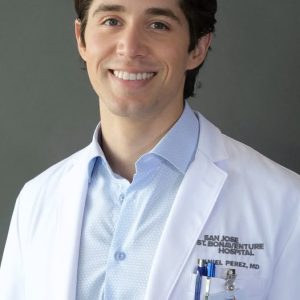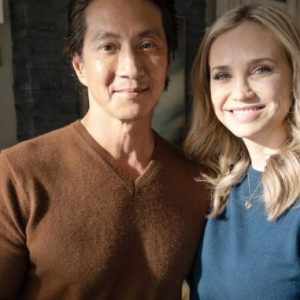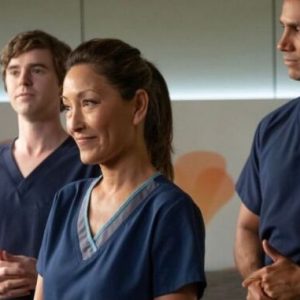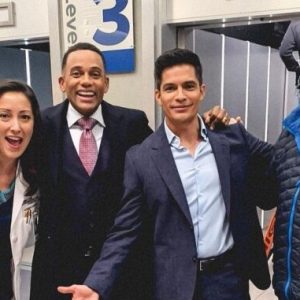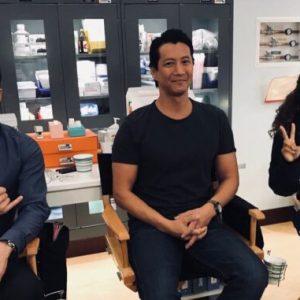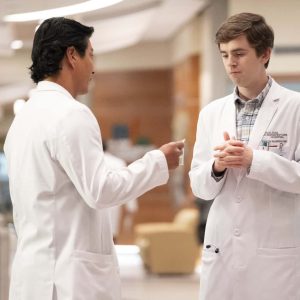In a television landscape filled with high-stakes medical drama and adrenaline-fueled diagnoses, The Good Doctor carved out something much deeper. Beyond the operating rooms and miracle recoveries, it gave viewers something far more transformative: a redefinition of vulnerability.
At the center of it all stands Dr. Shaun Murphy, a brilliant surgical resident with autism and savant syndrome, played with moving sincerity by Freddie Highmore. From his very first day at San Jose St. Bonaventure Hospital, Shaun was different—not because of his exceptional medical skills, but because of the way he experiences the world. He processes feelings differently, communicates with blunt honesty, and often struggles to connect in the ways that come naturally to others. And yet, his greatest strength isn’t just his memory or diagnostic precision—it’s his emotional courage.
For decades, television has treated vulnerability as either a weakness or a climactic twist. Characters would break down in rare moments, usually after being pushed to a breaking point. The Good Doctor turns that idea on its head. For Shaun, vulnerability isn’t an event—it’s a daily state of being. It’s in every conversation where he doesn’t quite know how to respond. It’s in every situation where his differences are questioned. It’s in every act of bravery, every moment he opens his heart despite fear.
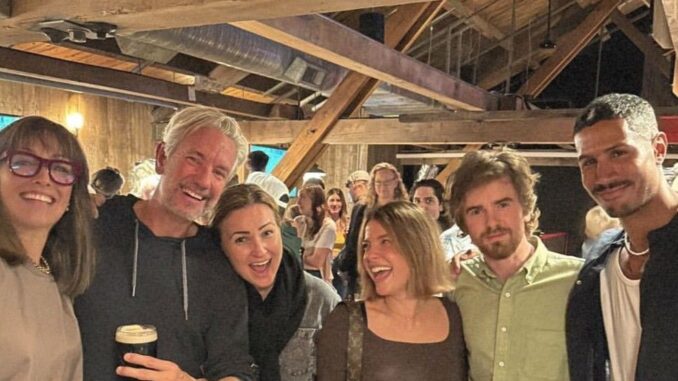
That’s what makes The Good Doctor revolutionary. It asks us to see strength not as confidence or charisma, but as the willingness to be real—flawed, open, and emotionally honest. And Shaun Murphy is the embodiment of that kind of strength.
One of the most poignant arcs in the series comes through Shaun’s interactions with patients. His emotional transparency becomes a bridge that others can walk across. There’s something disarming about the way Shaun speaks—with no pretenses, no sugarcoating. In a world full of polite dishonesty, his blunt truth-telling is refreshing. But more importantly, it makes space for others to be real, too.
Patients often open up to Shaun in ways they can’t with other doctors. Whether it’s a teenage girl hiding her pain or an elderly man confronting death, Shaun’s authenticity invites theirs. His vulnerability gives them permission to feel, to admit fear, to be human.
But Shaun’s emotional growth isn’t just external—it’s deeply personal. As the seasons unfold, we witness him wrestling with relationships, heartbreak, self-worth, and purpose. His love story with Lea is anything but simple. It’s awkward, full of missteps and misunderstandings. And yet, it’s one of the most honest portrayals of a neurodiverse relationship on mainstream TV. Shaun’s vulnerability here doesn’t make him a victim—it makes him brave. Every “I love you” he says feels like an act of defiance against everything he’s been told he can’t be.
The show doesn’t offer neat resolutions. Sometimes Shaun’s emotional honesty is met with discomfort, even rejection. But he keeps showing up. He keeps feeling. And that, more than any surgical victory, is his true triumph.
It’s also what makes us, as viewers, keep coming back. Because when Shaun opens his soul, something stirs in us. We see our own fears in his. Our own awkwardness. Our own need to be seen and accepted.
Beyond Shaun, The Good Doctor creates a world where vulnerability isn’t isolated—it spreads. His presence changes those around him. Dr. Glassman, Shaun’s mentor and father figure, starts off as the protector. But over time, we see him become vulnerable too—facing cancer, grief, and regret. Claire, Park, Lim, Morgan—they all evolve, not through power or control, but through emotional reckoning.
The show gently nudges us toward a truth we often ignore: that emotional openness is not a liability in high-pressure environments—it’s a necessity. In the sterile, efficient world of hospitals, The Good Doctor reintroduces humanity.
